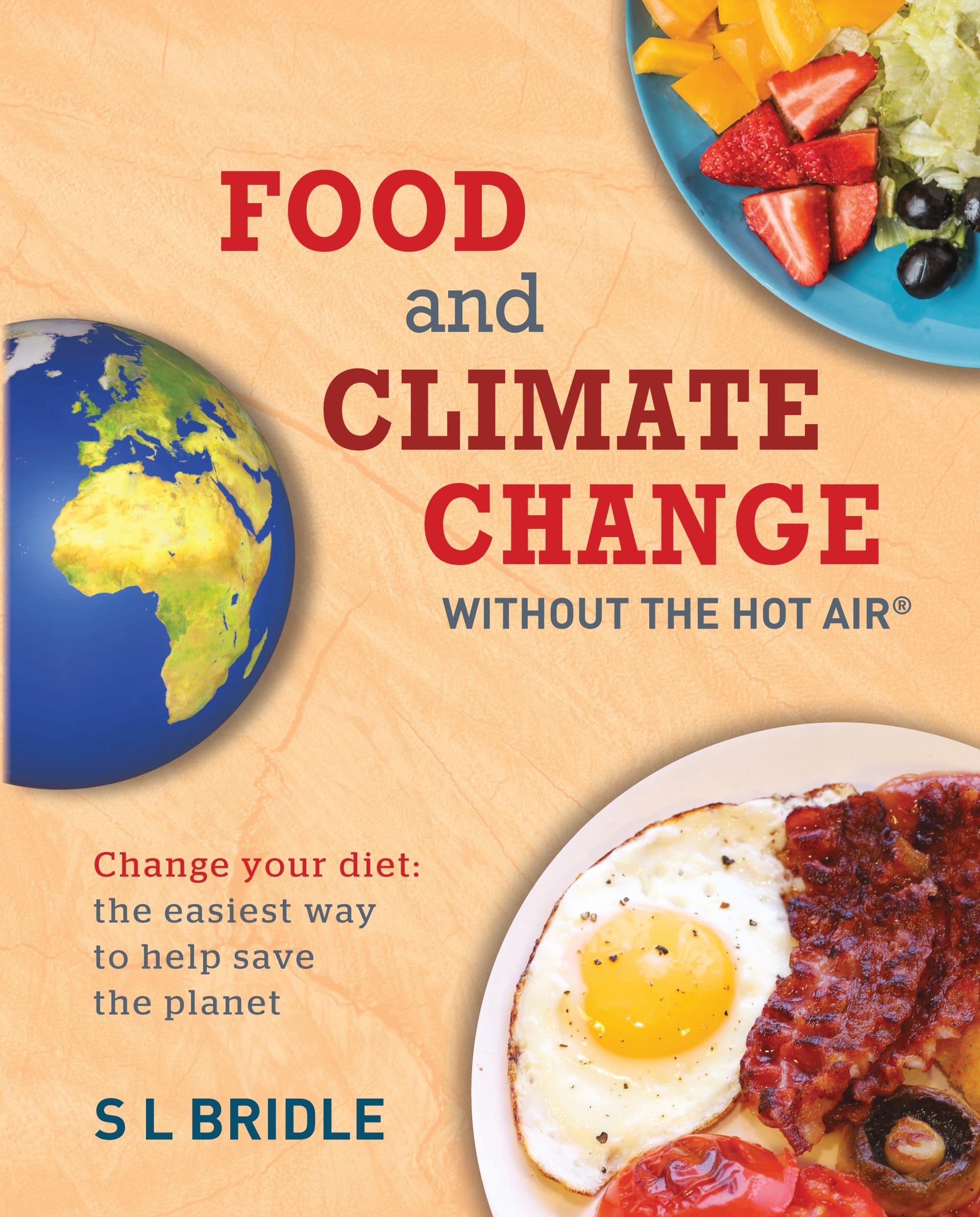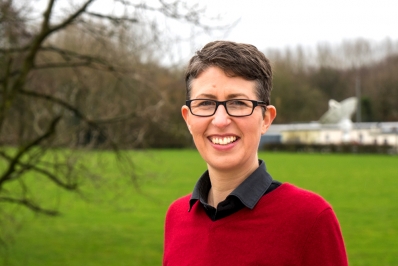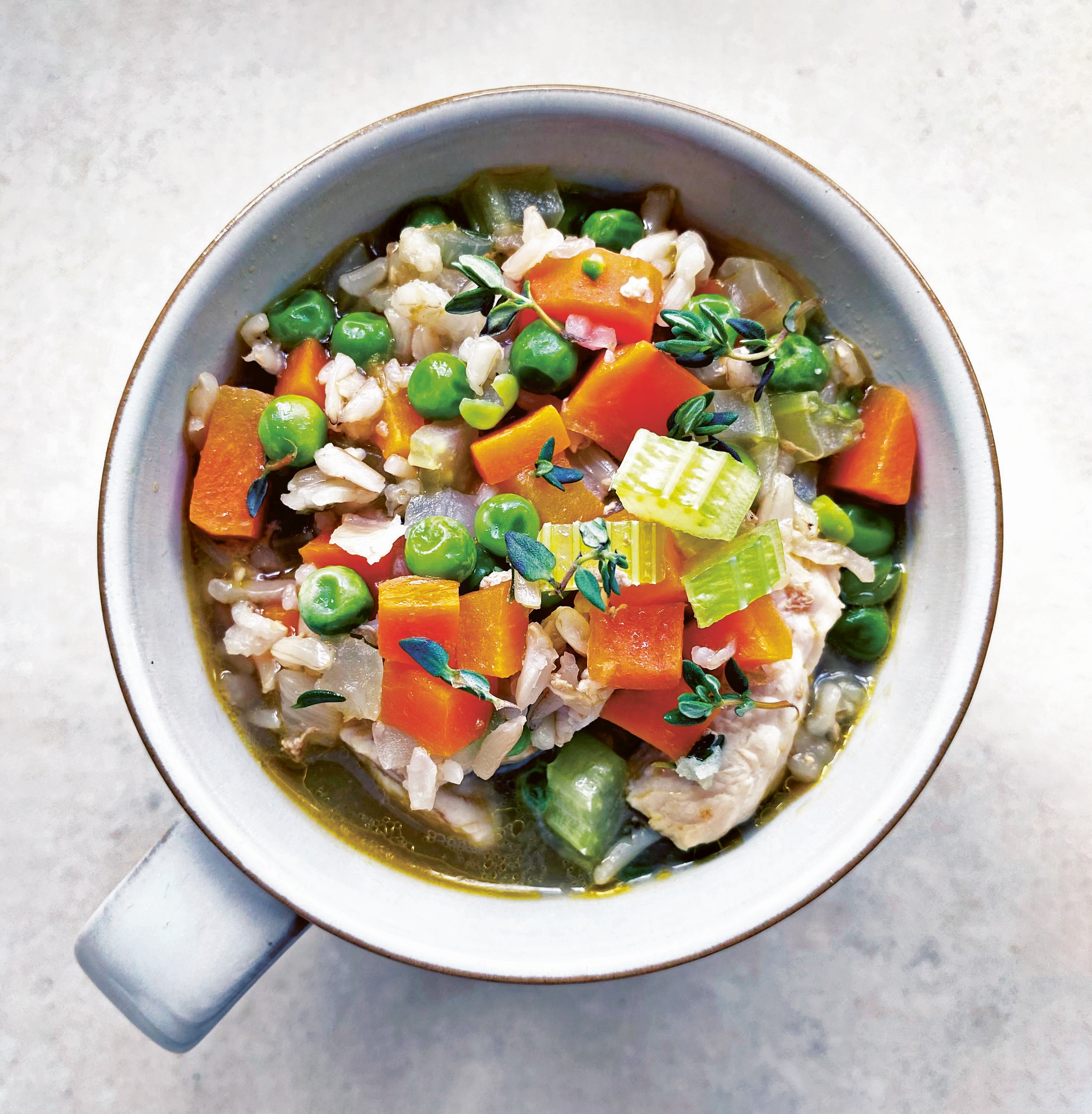
Veganism and plant-based diets are on the increase as we try to do our bit to protect the planet with our daily food choices. It’s commonly understood that eating beef is worse for the environment than eating bread, but did you know that rice, traditionally grown in flooded fields, is responsible for two percent of all greenhouse gas emissions?
Using a standardised measure – the CO2 emissions for each ingredient – shown in simple colourful charts, in Food and Climate Change without the hot air, Sarah Bridle calculates the relative environmental costs that commonly-consumed meals have on the world, enabling the reader to make more informed decisions in their own kitchens. Would you be best opting for spaghetti bolognese, fish and chips or chicken tikka masala, for example? You might not be happy to replace your morning toast and jam with margarine on bread, but could you forego a slice of Black Forest gateau? This book offers informed choices about what to eat on a purely ecological basis to bring down your individual contribution to greenhouse gases, and even holds your coffee addiction up (favourably) against a transatlantic flight.
In easily-digestible chapters focusing on breakfast, lunch, dinner and snacks too, Bridle follows the journey of every component from global farms and fields to kitchen prep with a glass of wine – asking also whether drinks other than tap water offer enough psychological benefits to justify their consequences for the environment. It’s a sobering thought.
Each section has detailed endnotes adding the underpinning science and contains a wealth of information to help you and whilst the facts and figures are frightening, this non-political analysis offers hope with tips to minimise food waste and ideas for the future. Not sure we’re ready for ground insect flour but who’s joining us for aquafaba (a chickpea-based egg substitute) pancakes?

Sarah Bridle: Food and Climate Change without the hot air (UIT Cambridge, Sept 2020)
Food and Climate Change without the hot air, Friday 16 October







